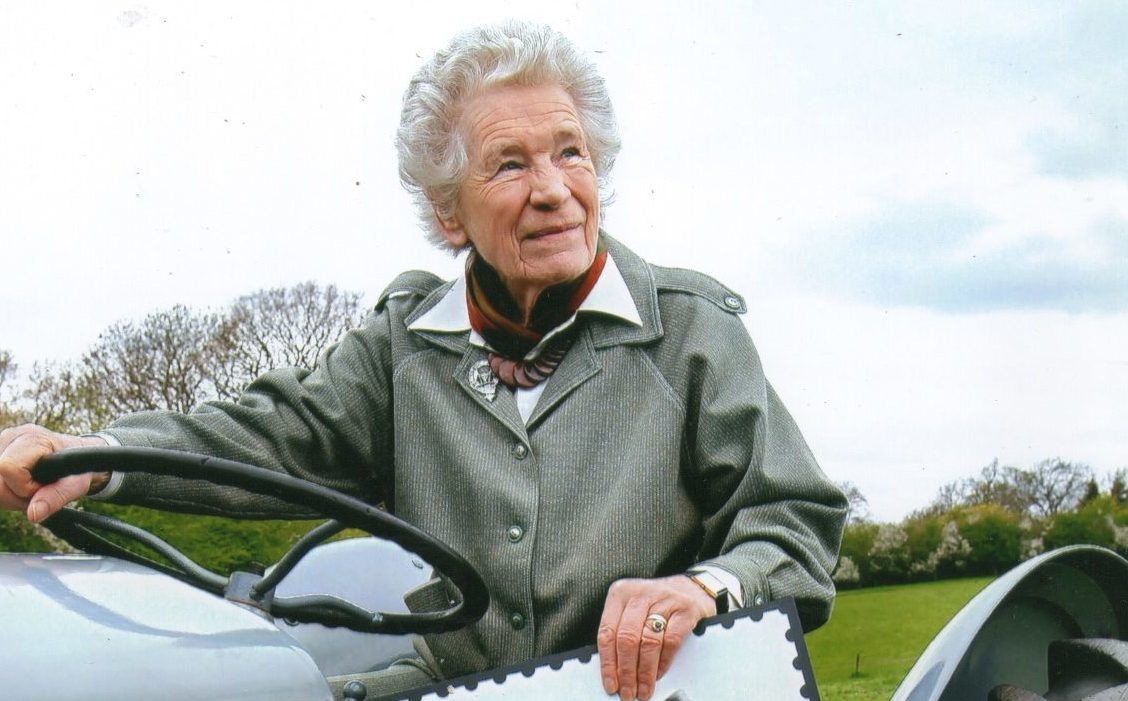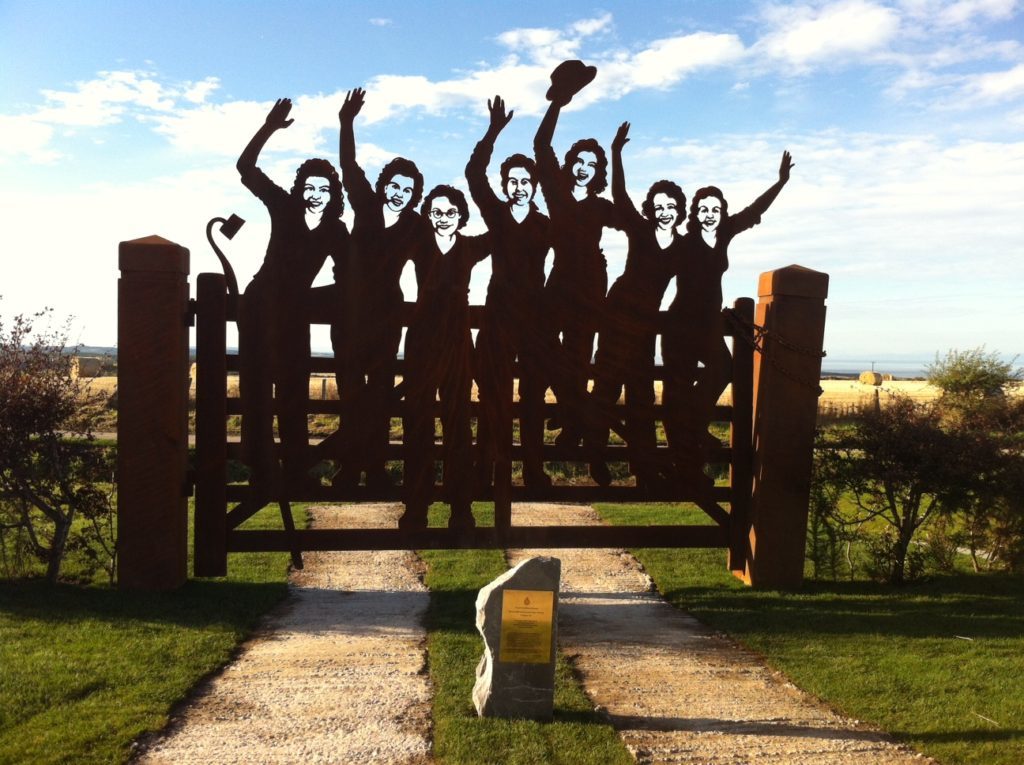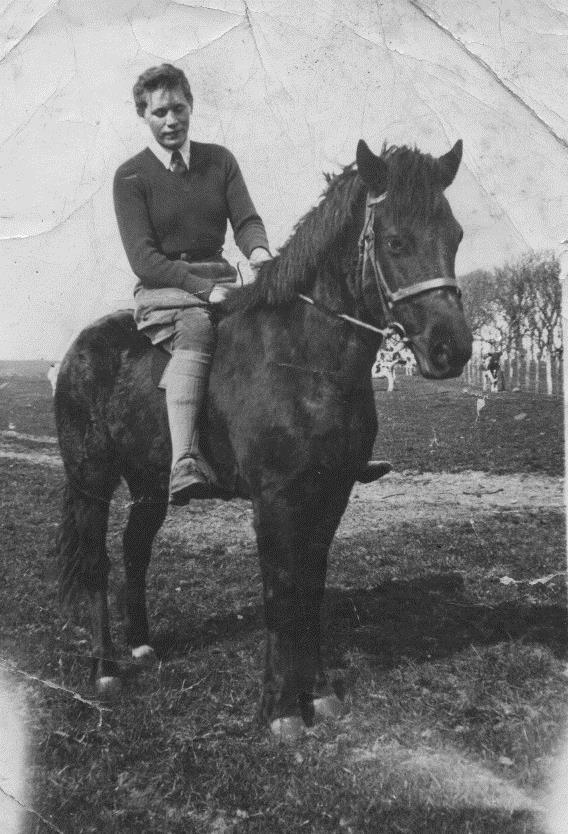
THE last straw for Mona McLeod was seeing the image chosen for a sculpture commemorating the Land Girls.
The jolly scene of seven smiling young women, standing on a gate and waving, was far removed from Mona’s own experiences of the Women’s Land Army.
There was no depiction of the back-breaking labour, the long hours or the isolation of working in a rural outpost in the monument unveiled by Prince Charles at Fochabers.
That is why Mona, at 95, has written a book about her time as a Land Girl and is now appearing at literary festivals to educate younger generations about the work carried out by these hardy women, which ensured food remained on dinner tables throughout the Second World War.
“One of the reasons I wrote the book was the misconception that we worked in gangs and had lots of fun – that wasn’t the case for me,” explained great-grandmother Mona, who lives in Edinburgh.
“I didn’t meet another Land Girl for nine months and the nearest one was five miles away.
“I felt somebody had to show something more realistic, so that was my incentive. TV shows have painted a false picture of the life.
“Neither do I like the sculpture. It was an insult to us that we would be remembered as smiling girls, standing on a gate waving, not even in uniform.
“It could be anybody and it didn’t seem appropriate.
“I was part of the consultation early on, but when everyone else on the committee was in favour of the design, I resigned.
“When I wrote the book, I wanted an image on the cover that wasn’t romantic or fun, and shovelling manure was neither of those things – but that was the reality of the Land Girls.”
Brought up in Leeds by Scottish parents, Mona was preparing to go to university when her father made a life-changing decision about her future.
He signed her up to the Women’s Land Army and, two weeks later, aged 17, she was on her way to Kirkcudbright-shire.
“The thing that amazes me was that I didn’t react. It didn’t occur to me until after the war that Daddy did all of this without consulting me,” she said.
But Mona values her time as a Land Girl so much that she regrets not thanking her father for making her concentrate on helping to win the war.
Uni would come later, but for years Mona raked hay, spread dung, drove a tractor and hoed turnips in 10-hour working days. She has little doubt the work on the land has contributed to her long life.
“It made an enormous difference,” said Mona, a keen mountaineer well into pensionable age.
“I became used to hard exercise and developed a big appetite. I still try to go for a walk for an hour each day.”
Mona was paid just a third what the men received on the farm and was only given a week’s leave per year, but got on well with her co-workers.
They might have been excluded from the Victory Parade and it took more than 60 years to receive a medal, but Mona is making sure the contribution the 80,000 girls of the WLA made to war is not forgotten.
Mona chats about A Land Girl’s Tale at the Aye Write festival in Glasgow’s Mitchell Library on March 25.

Enjoy the convenience of having The Sunday Post delivered as a digital ePaper straight to your smartphone, tablet or computer.
Subscribe for only £5.49 a month and enjoy all the benefits of the printed paper as a digital replica.
Subscribe
